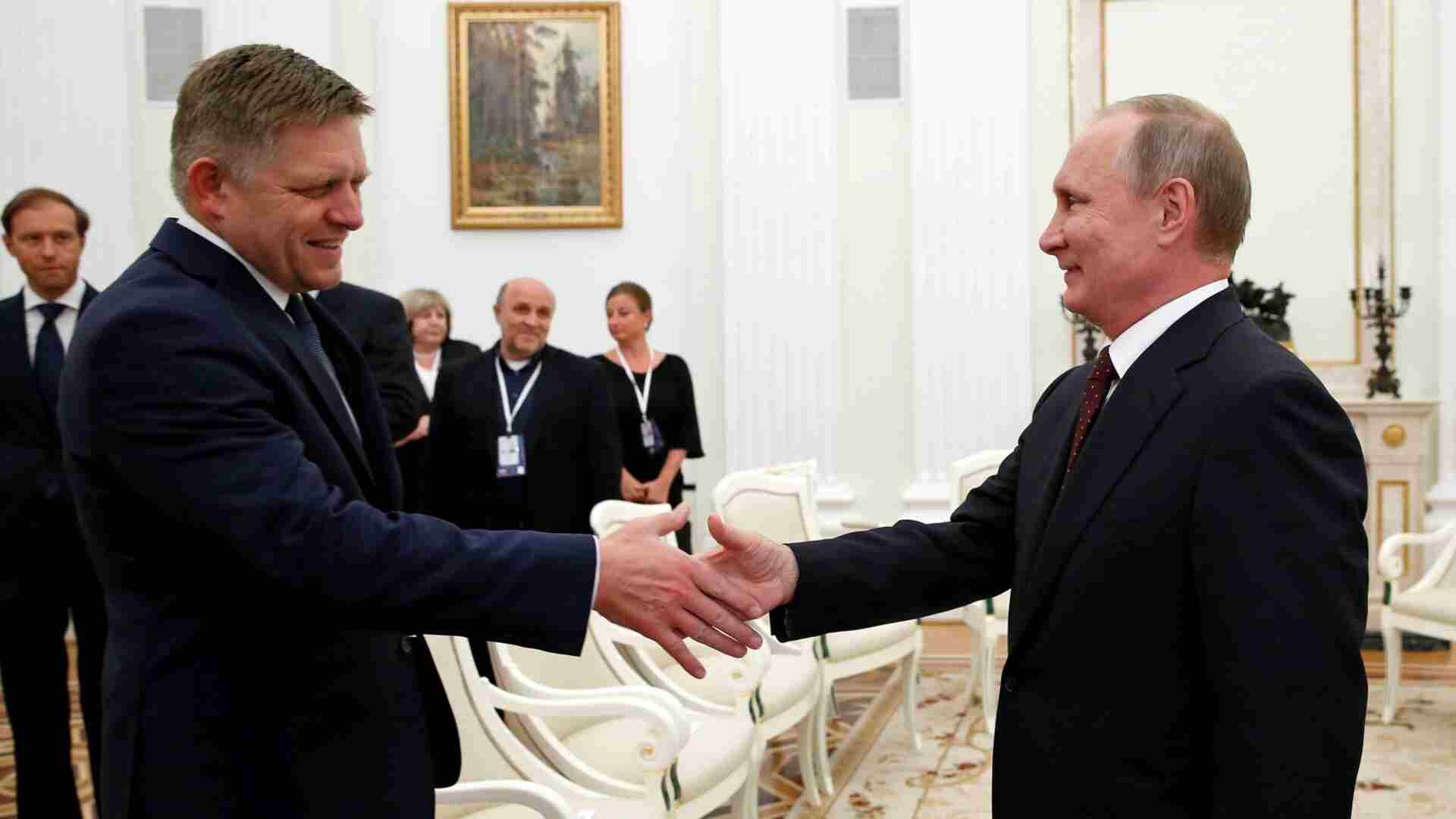Two iconic ‘Made in Italy’ luxury handbag brands, Dior and Giorgio Armani, are facing intense scrutiny following allegations of severe labor exploitation within their supply chains. Milan prosecutors have launched investigations into several fashion brands, revealing shocking disparities between production costs and retail prices.
According to reports, a small manufacturer received as little as 53 euros (approximately Rs 4,779) to produce a Dior handbag, which later retailed for 2,600 euros (about Rs 2.4 lakh). Similar revelations were made regarding Armani, where subcontractors paid workers as little as 2-3 euros (Rs 180-270) per hour for manufacturing handbags sold at significantly higher prices.
Prosecutors have accused local factories of illegal labor practices, including extended working hours, inadequate contracts, and substandard working conditions, particularly affecting Chinese workers. Italian police inspections highlighted hygiene and safety violations, with workers reportedly operating machines stripped of safety devices to maximize output.
The judicial administration has placed Dior and Armani manufacturing units under supervision for a year, citing failure to monitor working conditions adequately. The Milan court has recommended stringent checks on suppliers to ensure compliance with labor laws.
In response, Giorgio Armani emphasized their measures to prevent supply chain abuses and pledged transparency in collaboration with authorities. However, the case underscores broader concerns in Italy’s luxury sector, where profit-driven production methods often prioritize cost-cutting over ethical standards.
Italian law mandates that brands overseeing production outsourcing must enforce rigorous oversight on subcontractors. Milan’s judicial authorities stress that eradicating labor exploitation is crucial not only for worker welfare but also for fostering fair competition among businesses.
The revelations have sparked debates over the ethical responsibilities of luxury brands and the need for stricter regulations to safeguard labor rights within Italy’s prominent fashion industry.














